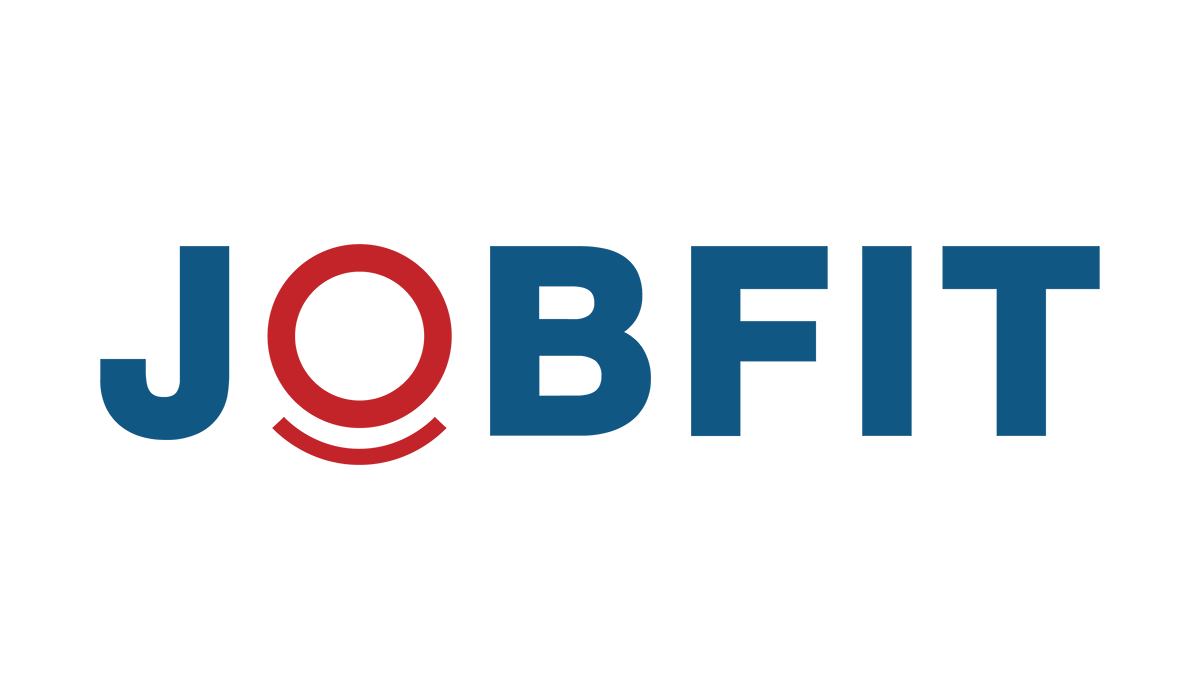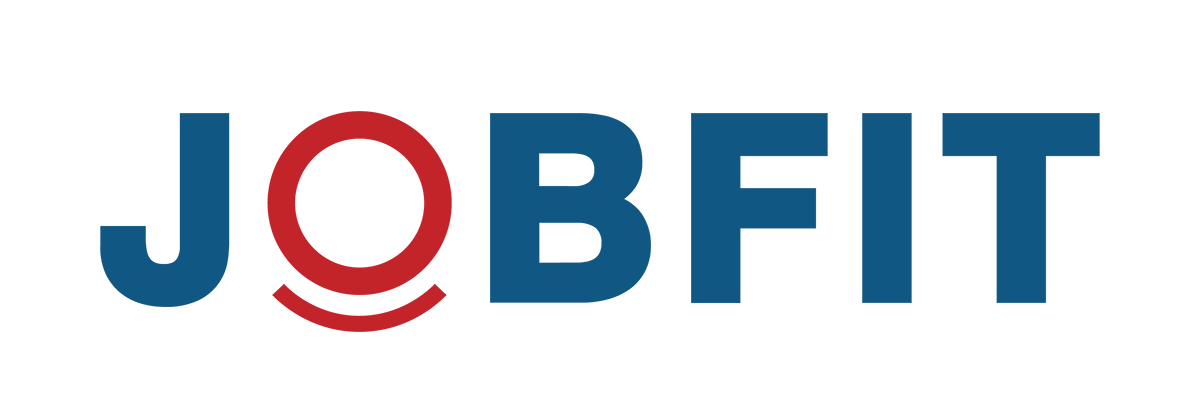Managing your mental health after time off work. Returning to work after illness or injury can be a positive step in your recovery. In fact, research shows that reconnecting with colleagues is one of the best things you can do to recover faster1. However, it’s important to carefully manage the return-to-work process to avoid additional anxiety or pressure that negatively impacts your return to health.
Make a solid plan
The Human Resources department of your workplace should have a return-to-work protocol for when ill or injured employees are re-entering the workplace. Apart from medical assessments, there should also be a process in place to support your smooth and safe transition back to work. Remember your mental health is just as important as your physical wellbeing. Don’t be afraid to contact your HR manager to find out what their return-to-work protocol is and set up a meeting to agree on how it will apply to you. Research shows that having a written plan in place with your employer will improve your chances of a good outcome between 1.5 to 3.4 times2.
Make some changes
Whilst getting back to work, you may have ongoing injury or illness that needs to be managed. This can include physical factors as well as mental health factors. You may need some adjustments to your work that allow you to recover safely, whilst still contributing to the workplace.
These adjustments might include:
- More regular breaks
- Altered shift times
- Working from home
- Changes to your physical workspace
- Additional tools or equipment
It’s imperative that you talk to your employer before you return to work and agree on the changes that will be made to allow your safe and healthy return.
Set clear expectations
Agreeing on a return-to-work plan helps to set clear expectations. It means your employer knows what you can manage. You won’t need to feel worried that you’re not performing as well as you did before your injury or illness.
It’s also important to set regular check-ins with your employer to assess your return-to-work plan and make adjustments if needed. Maybe you’ve taken on too much and you feel like you’re not managing. Or maybe your recovery is progressing well and you feel the plan can be altered to increase your workload or reduce the level of support. Either way, your employer needs to know this. You’re allowed to advocate for yourself as you manage your own recovery. You’re also allowed to bring an advocate with you to support you in meetings with your employer if you feel you need additional help.
Start early and reconnect even before you go back to work
Research shows that people who reconnect with their colleagues even before they go back to work get better return to work outcomes3. It can help you a lot to have an occasional phone call with your friends from work, with HR or the WHS team to check in and see if they have resources that can support you. In one case, a worker at a large Australian construction company called up to check in with his injury management team and they arranged for specialised chairs and tables to be sent to his home to help him with his recovery. Another woman from a financial services firm decided to drop into an occasional virtual meeting and said that the care she received from her colleagues was a key part to her fast recovery.
Ease into it
Don’t expect yourself to hit the ground running at full speed on day one. Ask your manager to block out time in your diary in your first week. That way, you don’t have back-to-back meetings and an overload of information to deal with.
There will be a lot to catch up on. So you’ll need to set your own boundaries around how much you can absorb. In other words, how much feels healthy for you.
Preparing for your return-to-work
As your return-to-work date approaches, there are some things you can be doing to make the transition less stressful and more enjoyable.
Acknowledge it might not be easy
No matter how well your return-to-work is planned, it can be helpful to acknowledge that the road might be a little bumpy.
Be gentle with yourself and focus on what you can do and on how far your recovery has progressed, rather than feeling bad about the things you’re not quite up to yet.
You might want to take some time to reflect on your priorities and your life balance. Make sure your health and wellbeing is appropriately balanced with your commitment to your career and the workplace. Go slow. Be kind to yourself and celebrate the little wins.
Visit the workplace before you return
It’s likely that your colleagues have been concerned about you and will be glad to see you back at work. They might have some questions and they’ll want to offer their well wishes.
It’s up to you how much you tell people. But managing all of this attention on your first day back can be overwhelming.
A casual drop-in or an organised coffee catch-up in the weeks preceding your return can give you an opportunity to manage the personal conversations so you’re not bombarded with all of that on your first day back at work.
Tell people where you’re at
Of course, you’re not obliged to share personal information with anyone. But it’s useful to let your colleagues know what changes have been made to your work and what they can expect of you when you return.
You can ask your manager to communicate this to your colleagues on your behalf. That way, it’s clear that any allowances being made for you are endorsed by management. You don’t have to feel awkward about working reduced hours, taking extra breaks or carrying out different duties to before.
Get into the routine and into the headspace
Setting your alarm to realign your sleep patterns can be a great way to prepare your body and your mind for returning to your work routine. For example, consider arranging meal times around your work schedule. Start to ‘practice’ the habits that will make your transition to the work place easier.
Be your own best friend
Remember, only you know how well or fit you’re feeling. Your health and wellbeing are more important than anything else. Your recovery will only be delayed if you over do it, too soon. Speak to your doctor, as well as safe colleagues, friends and family about how you’re feeling. Reach out to your Employee Assistance Program (a free, confidential mental health counselling service offered by most workplaces) or your HR department and tell them you need support if you’re feeling anxious or overwhelmed. There are services available to help you and give you the support you need.
Sources:
[1] https://www.sira.nsw.gov.au/fraud-and-regulation/research/reversing-the-trend-improving-return-to-work-outcomes-in-nsw
[2] Sheehan LR, Gray SW, Lane TJ, Beck D, Collie A. 2018. Employer Support for Injured Australian Workers: Overview and association with RTW. Insurance Work and Health Group. Monash University: Melbourne.
[3] Reversing the trend Improving return to work outcomes in NSW, SIRA, (2020) https://www.sira.nsw.gov.au/fraud-and-regulation/research/reversing-the-trend-improving-return-to-work-outcomes-in-nsw


